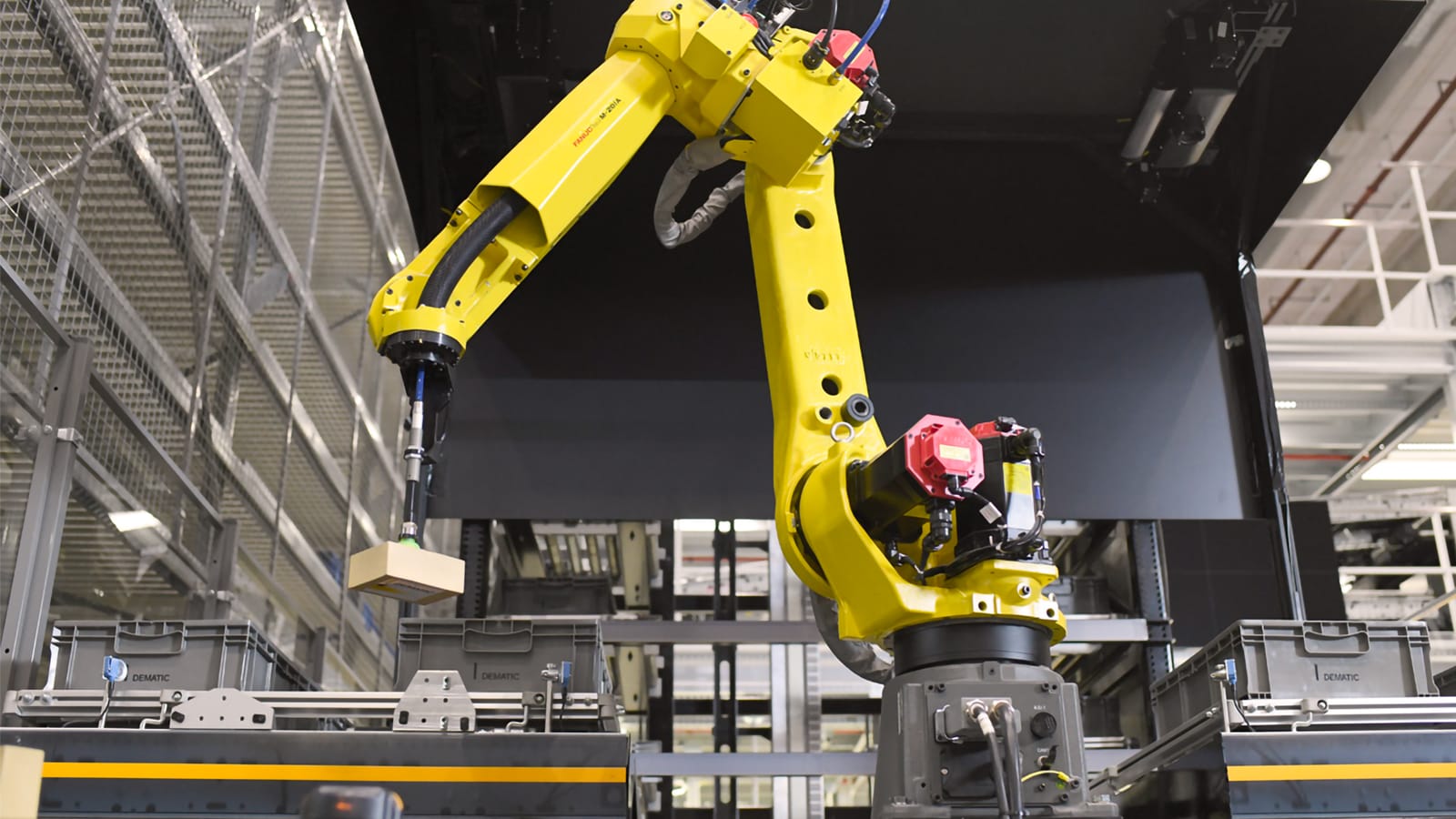Industrial robots and robotics are the most important innovation and efficiency driver in today’s rapidly changing manufacturing landscape. The integration of industrial robots into manufacturing processes has transformed the industry, offering a wide range of benefits to companies seeking to increase productivity, quality, and competitiveness. Manufacturing robots will play a growing role in shaping the future of manufacturing as demand for automation solutions grows.

Industrial robots are also known as manufacturing robots. They are designed specifically for machines that are able to perform multiple functions in the production environment. They can be used for welding, painting, and placing and picking, packaging and much more. Industrial robotics, which is the area of study and application of these robots, is focused on increasing efficiency and precision during manufacturing operations.
Automated Solutions Australia, a company that specializes in the design of industrial robotics to offer flexible solutions to manufacturing clients, is at the leading edge. ASA’s industrial manufacturing robots focus on helping customers get an edge on the marketplace by enhancing quality and productivity. With a keen emphasis on the best practices, the industrial robotics solutions offered by ASA are sought-after by corporations across the globe in a variety of industries, such as electronics, automotive pharmaceuticals, and other.
The advantages of implementing industrial robots in manufacturing are numerous. One of the main benefits is the significant enhancement in efficiency and productivity. Industrial robots are able to perform repetitive tasks efficiently and consistently leading to higher output rates. This improves overall efficiency, but also allows businesses to meet ever-growing consumer requirements with ease.
Moreover, industrial robots contribute to improved quality control of manufacturing processes. They reduce the chance of errors through executing tasks with precision and reliability that results in superior quality products. The result is increased the satisfaction of customers and increases the reputation of a firm that provides high-quality goods.
Industrial robots offer not only high-quality and efficiency, but also cost-saving advantages. While the initial investment in manufacturing robots may seem substantial, the long-term cost savings are significant. Through streamlining processes in production and reducing the requirement to use manual labor, businesses can lower operational costs and achieve a quick ROI. Industrial robots are able to operate 24 hours a day, which maximizes the use of resources, while reducing costs for production per unit.
Another significant benefit of industrial robots is their impact on workplace environments. These robots are designed to create low levels of noise, creating a quieter and more comfortable workplace for workers. Furthermore, their speed and precision help to make the workplace safer by reducing accidents and injuries.
The integration of industrial robotics is also a key factor in job creation and the future of work. Though there are concerns about whether robots will replace human workers, industrial robots can actually provide new employment opportunities. This includes roles in robotic programming, maintenance, oversight and supervision, as well the development of cutting-edge technology for supporting robot manufacturing.
In the process of allowing the manufacturing industry to take on the potential of industrial robots. Businesses across different sectors are reaping the benefits of this transformative technology. Because of its capability to improve efficiency, quality, and cost-effectiveness, industrial robotics is reshaping the way products are manufactured and setting new standards for high-quality products in the market.
Conclusion: The growth of industrial robotics and manufacturing robots is an evolution in the industry of manufacturing. These cutting-edge technologies allow businesses to reach unprecedented levels of efficiency, precision and competitiveness. With the need for automation solutions grows, industrial robots are poised to play an integral part in determining the future of manufacturing, promoting forward the pace of innovation and propelling companies to be successful in the global marketplace.
